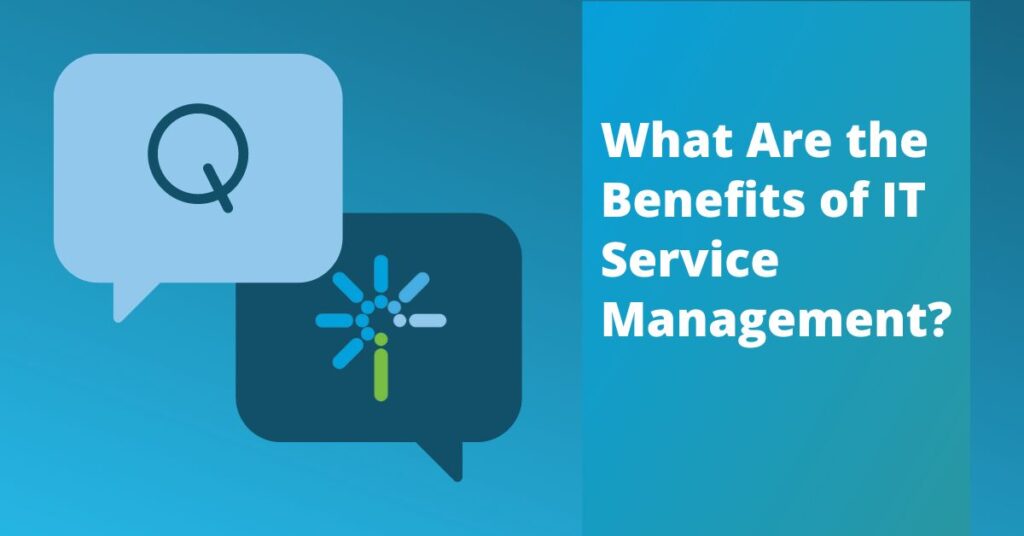Cloud computing benefits for small business include:
- Flexibility. Cloud computing expands your technological infrastructure resources as needed. No need to plan ahead and figure out how much data storage will you need in a year or how many locations will need to access that data. Simply scale your cloud services to meet your needs.
- Lower costs. With cloud services you pay for what you use (usage-based pricing) and it takes fewer hours to manage your data. This also moves your infrastructure costs from CapEx (capital expenditures) to OpEx (operational expenses) because you are not buying the servers, just the space you need on them.
- Accessibility. Your users can access their work data from anywhere with an internet connection. Plus, multiple users can work on the same data at the same time.
- Less maintenance. Because cloud applications are not installed on each user’s computer, they don’t need updates and patches applied to every endpoint. All that happens on the cloud, which is why managing your data takes less time.
- Better peak load capacity. On the cloud, resources are shared across a large pool. This means peak-load capacity increases and there is more efficiency for systems that are less used.
- Redundancy. A well-designed cloud solution makes use of multiple redundant sites. That way your data and backups are protected and available even if one site is compromised.
- Security. When implemented well, cloud security is just as good as (or better) than security on traditional systems.
View all FAQs
A vulnerability is a weak spot in a system. Vulnerabilities enable hackers and crackers to gain access to a network. It is virtually impossible to have no weak spots, and not all weak spots exist inside the code itself. The biggest vulnerability for many companies is people. Human examples of vulnerabilities include a human response…
A zero day attack happens when a hacker takes advantage of an unpatched or previously unknown vulnerability for the first time (also known as a zero day vulnerability). Some examples of zero day exploits include: Critical system vulnerabilities and exposures are tracked by some organizations and websites to distribute to others. They maintain lists of…
There are multiple benefits associated with IT service management, including: Aside from the benefits above, the day-to-day conveniences of using an ITSM are many. ITSM is not just support via a help desk or a service desk. While an ITSM may support your business via a service desk, the offerings are much broader than that….
Use our Checklist to Find IT Support
Are you a first-timer to IT support? Maybe you aren’t happy with your current MSP? Our easy-to-follow checklist can guide you through the process of the best IT services provider for your business. It will help you help you outline and define:
- Your business goals for the next few years
- The stats that potential MSPs will need to work out a plan for your company
- The risk areas in your backup and cyber security practices
- What you expect from your IT support provider
- And more!




